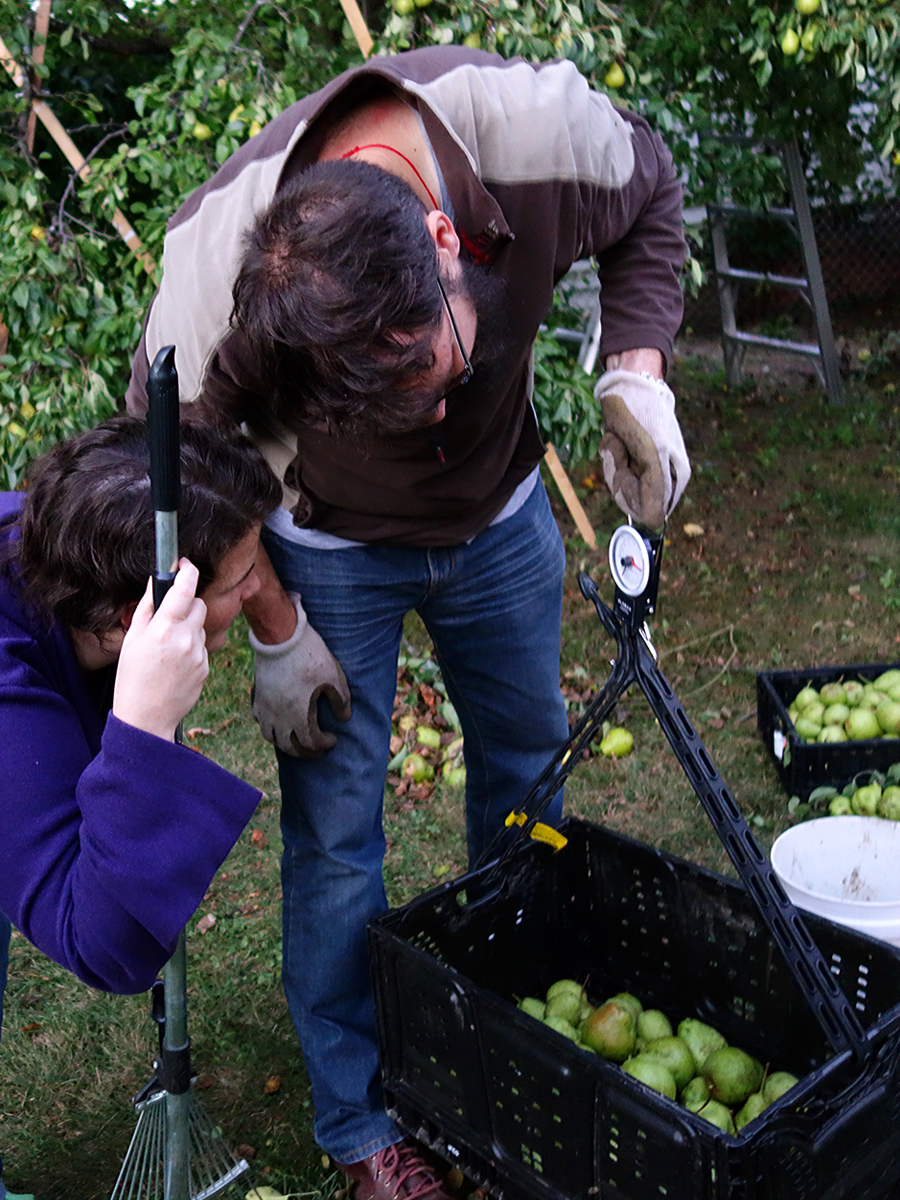The public plate in the transnational city: Tensions among food procurement, global trade and local legislation
DOI :
https://doi.org/10.15353/cfs-rcea.v6i1.268Mots-clés :
food procurement, global trade, Local Food Act, local food systems, public plateRésumé
Local food systems are crucial to sustainability, and one of the most effective ways to develop them is to harness the buying power of large public institutions, such as hospitals and universities. Steering public funds toward local food systems, however, is not as easy as it might appear. Institutions must navigate a maze of regulations that can become significant barriers to effecting change. In Ontario, for example, public institutions are squeezed between two contradictory policies: the Broader Public Sector Directive, which mandates a level playing field and prohibits preferential buying based on geography, and the Local Food Act, which aims to increase the consumption of local food (with a specific focus on procurement in Ontario public institutions) and to foster successful and resilient local food economies and systems. Adding to this tension, global trade treaties are drilling down to the local level, proscribing preferential procurement of local food as “protectionist” and a barrier to trade.
Public institutions are caught in the middle, wanting to purchase more local products but unwilling to risk reprisals. This paper investigates these tensions by reporting on a recent study of institutional buyers and government officials in the Toronto area to understand more thoroughly these barriers to operationalizing a local food system, while recognizing that sustainable food systems require a judicious combination of ‘local and green’ and ‘global and fair’ (Morgan 2008).
Téléchargements
Publié-e
Comment citer
Numéro
Rubrique
Licence
Les auteurs qui publient avec cette revue acceptent les conditions suivantes: Les auteurs conservent les droits d'auteur et accordent à la revue le droit de première publication avec l'œuvre sous licence simultanée Creative Commons qui permet à d'autres de partager l'œuvre avec une reconnaissance de la paternité de l'œuvre et de la publication initiale dans cette revue. Les œuvres publiées dans RCÉA/CFS avant et incluant le vol. 8, n° 3 (2021) sont sous licence Creative Commons CC BY. Les œuvres publiées dans le vol. 8, n ° 4 (2021) et après est sous licence Creative Commons CC BY-SA. Les auteurs peuvent conclure des accords contractuels supplémentaires séparés pour la distribution non-exclusive de la version publiée de l'ouvrage par la revue (par exemple, l'ajouter à un dépôt institutionnel ou le publier dans un livre), avec une reconnaissance de sa publication initiale dans ce journal. Les auteurs sont autorisés et encouragés à publier leurs travaux en ligne (par exemple, dans des dépôts institutionnels ou sur leur site Web) avant et pendant le processus de soumission, car cela peut conduire à des échanges productifs, ainsi qu'à une citation plus précoce et plus importante des travaux publiés. (En savoir plus sur le libre accès.)





